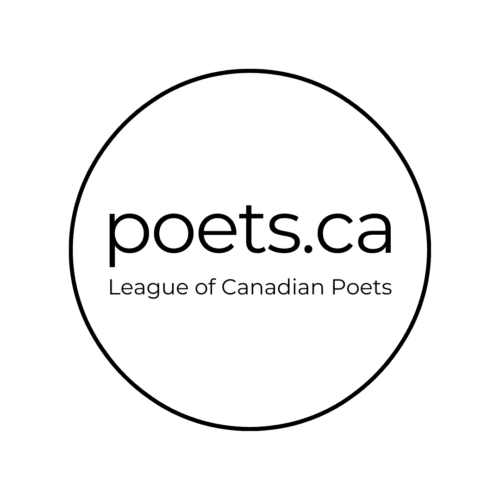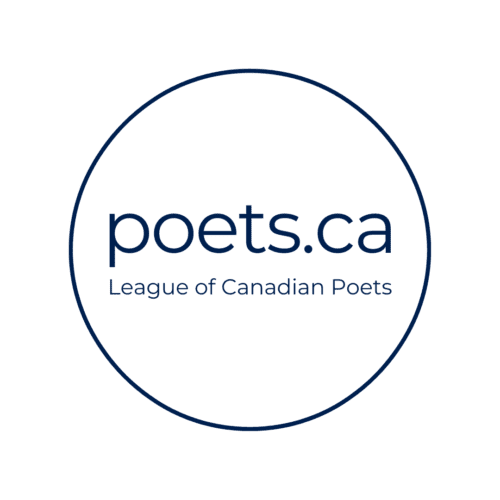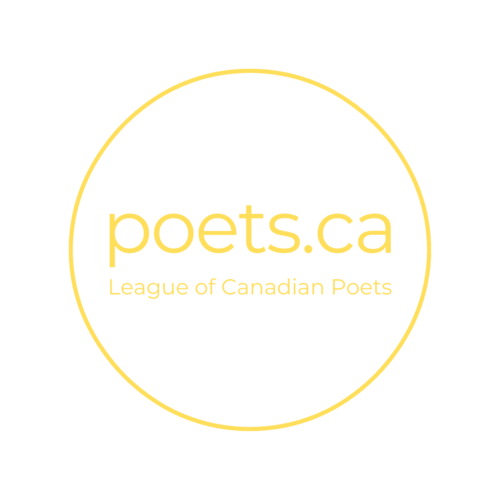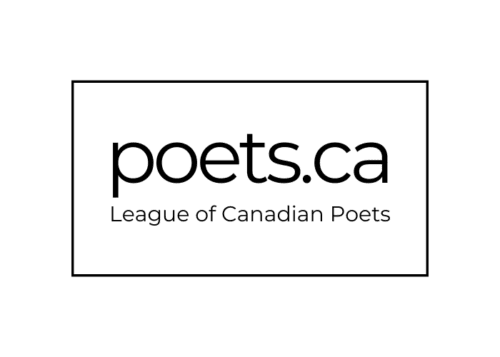The League of Canadian Poets is Canada's only national professional poetry organization. The League serves the poetry community and promotes a high level of professional achievement through events, networking, projects, publications, mentoring, and awards. We administer programs and funds for governments and private donors and encourage an appreciative readership and audience for poetry through educational partnerships and presentations to diverse groups. As the recognized voice of Canadian poets, we represent poets' concerns to governments, publishers, and society at large, and we maintain connections with similar organizations at home and abroad. The League strives to promote equal opportunities for poets from myriad literary traditions and cultural and demographic backgrounds.
Members of the League are professional poets who are actively contributing to the development, growth, and public profile of poetry in Canada.
The League recognizes the historical and ongoing colonial significance of our organization name, and we acknowledge that not all members of our community identify with the term "Canadian." We support these members and their right to self-identify while still having access to the programs and services offered by the League.
Our mission
The League of Canadian Poets supports Canadian poets and poetry in Canada.
Our vision
A representative and thriving culture of poets and poetry lovers.
Our Mandate
The League of Canadian Poets’ mandate is to elevate the cultural significance of poetry and champion the role of poets. Working to nurture and expand poetry communities and audiences, the organization cultivates the local, national, and international publication, performance, and recognition of poetry. The League supports equitable and inclusive artistic practice through poetry education and development.
Our team
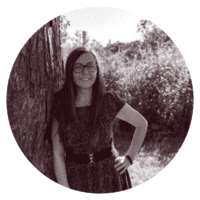
Lesley Fletcher

Nic Brewer
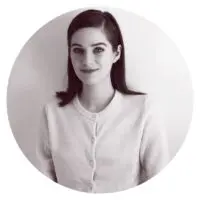
Caitlin Lapeña
Governance & AGM
Our Board of Directors
The Board of Directors is elected each spring by the League membership at the Annual General Meeting (AGM). Our Board comprises between five and eight incredible volunteers who donate their time, expertise, and networks in service of the League's mission. We are deeply grateful to all of the poets who have contributed to the growth of the organization with time spent on our Board of Directors (formerly known as the National Council).
Rayanne Haines
Frances Boyle
Vice President
Michael Andrews
Jannie Edwards
Tracy Hamon
Jaclyn Desforges
Stuart Ian McKay
Hollay Ghadery
2024 - 2027 Strategic Plan
Throughout the fall of 2023, the League Board of Directors worked tirelessly to prepare a new strategic plan to guide the organization through to the spring of 2027.
The League's strategic directions for the next three years are:
- Organizational sustainability and stability
- Inclusion, diversity, equity, and accessibility (IDEA)
- Sector relevance
The 2024-2027 Strategic Plan is aligned with the League of Canadian Poets mandate and mission, and will contribute to the long-term presence of a national advocate for Canadian poets and poetry in Canada. In the short term, through this plan the League will create regional connections, remove access barriers, and stabilize our organization to ensure that all poets are represented in the League’s advocacy, programs, and services.
The Board of Directors will develop a reporting and measurement template to track and report on our progress towards our goals. We will measure results with quantitative and qualitative data, as well as with financial and statistical information about our programs, services, membership, and leadership. The League will report on the progress of our strategic plan commitments through our annual reports, website, and Annual General Meeting.
Annual General Meeting (AGM)
Each spring, in May or June, the League hosts an Annual General Meeting to review the business of the organization with our Board and our membership. This business meeting is hosted online on Zoom, and typically occurs during weekday working hours, lasting 1-2 hours. Notice of the AGM is distributed to members via email approximately three months in advance, and AGM materials are distributed 14-30 days in advance. For past years' annual reports and financial statements, see the links below.
Members with AGM inquiries should contact ed@poets.ca.
Materials from past AGMs may be requested from info@poets.ca.
2025 AGM and Member Townhall
The League of Canadian Poets 2025 AGM was held on Tuesday, June 24, 2025, at 2 pm ET.
Annual Reports & Financial Statements
History, community & advocacy
Advocating for our communities
As an organization, the League of Canadian Poets is committed to recognizing the ongoing harm that marginalized communities face in Canada today. While our individual hearts break with each new headline of hate or discrimination, we are proud to issue formal statements of support for the affected communities, and to practice with an anti-oppression framework.
Additionally, as part of our mission to elevate the cultural significance of poetry in Canada, we are pleased to participate in letter-writing campaigns and advocacy that support literary programming and funding at the municipal, provincial, and federal levels, as well as those which center the impact of copyright legislation on Canadian writers.
In recent years:
When the COVID-19 pandemic brought the world to a momentary halt in 2020, the League scrambled to move its programming online for the benefit of staff and members. After an initial crunch, the transition of services to online and digital showed us a tremendous increase in engagement and accessibility, and set the stage for vastly increasing the reach and potential of League programming.
At the 2022 AGM, the membership voted to repeal and replace the League By-Laws, a long-awaited updated that would empower the Board and members to develop more timely programming, committees, and initiatives that reflect changes in society and poetry as they arise.
Media & press
For media inquiries, please contact our Executive Director at ed@poets.ca.
We kindly request that all promotional materials for events sponsored in full or in part by the League display our logo. Logo files are available to download below.

